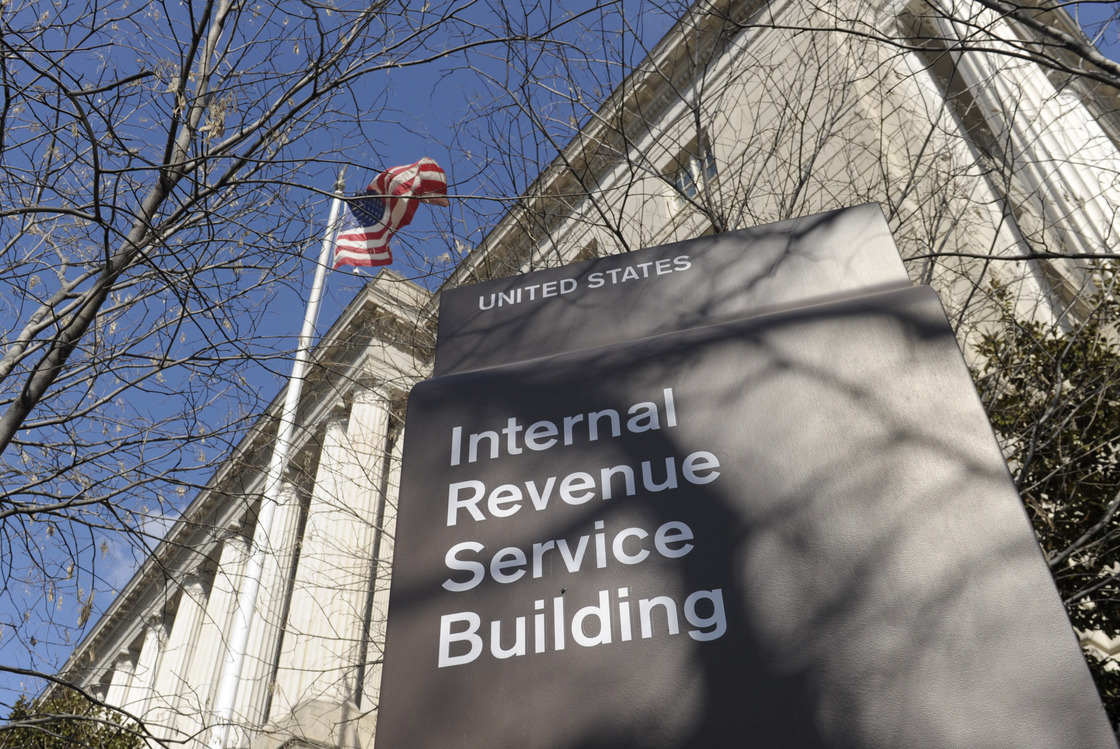Warren and her colleagues are fighting to chop down barriers for job seekers.
This week Sen. Elizabeth Warren and six colleagues introduced the Equal Employment for All Act, which would make it illegal for employers to disqualify job applicants based on their credit scores. It"s an admirable and important bill which deserves our support. It also gives us an opportunity to have a broader discussion about the kind of society we hope to become.
Here are six reasons to support a bill which will help all of us in the end:
1. It aids the long-term unemployed.
Long-term unemployment is at historically high levels in this country, and policymakers have done far too little for this hard-hit group of Americans. They have experienced the ongoing loss of their way of life – often accompanied by the loss of their homes, their belongings, and their sense of self-worth.
Long-term unemployment is almost always accompanied by unpaid bills, which drastically lower a person"s credit score. Today that lower credit score can render a person unemployable, leading to the kinds of heartbreaking stories described in a New York Times article on the subject earlier this year.
Instead of alleviating the problem of long-term unemployment, the use of credit scores in hiring makes it worse. On a societal level, that"s indefensible. And on an individual level, it"s inhumane.
2. It begins to right a terrible injustice.
One of the great injustices of the past five years is the way that Wall Street, whose fraud caused the current economic crisis, still holds enormous power over its victims.
We"ve seen that injustice played out in continued foreclosures, as banks evict families because their homes are worth less than the outstanding mortgage loan – thanks to the banks who created a housing bubble – and because many homeowners are unable to find adequate work as a result of the bank-created jobs recession.
We"ve seen that injustice reflected in credit card debt and other loans, whose costs have soared as the result of overly complicated contracts with hidden provisions.
And we see that injustice in the spectacle of Americans who are unable to find work as the result of foreclosures, soaring borrowing costs – and a credit-scoring system created for the banks.
This bill begins to end that pattern of injustice, by ending at least one of these practices. It"s a start.
3. It also begins to level the playing field between Wall Street and ordinary Americans.
Financial institutions enjoy extraordinary, even unprecedented power over individual Americans. A consumer"s relationship with a bank is no longer even the semblance of a contract between autonomous equals. It"s an asymmetrical relationship in which one party – the bank – can unilaterally change the terms of the agreement, in many cases leaving the consumer with no recourse.
Sen. Warren"s brainchild, the Consumer Financial Protection Bureau, goes a long way towards leveling this relationship. But financial institutions and other corporations still hold excessive power over individuals. One of their most powerful tools is the credit score.
The greatest tool consumers have against corporations and banks is, or should be, the ability to withhold payment when a contract isn"t honored. But a bad credit score hurts consumers in a number of ways. It makes it harder for them to find housing, it makes borrowing more expensive, and many consumers understand that it will make it harder for them to find a job – whether they are searching for one now, or (like most Americans) consider it likely that they"ll be looking for one at some point in the future.
Because of this leverage, many people are forced to passively accept injustices from misbehaving corporations. If they withhold payment, even in cases where a product was defective or services not rendered, they may find themselves unemployable.
This imbalance of power allows banks and other corporations to keep acting unjustly. That needs to change.
4. It reduces the ongoing encroachment of Big Data on our daily lives.
The computer crowd likes to say that “Information wants to be free.” We"ve learned now that it actually wants to be very, very expensive – and it"s not interested in whether you remain free. Big Data is a self-sustaining and self-expanding institution which seeks to maximize profits by finding new markets for the information it gathers.
The credit score industry is an excellent case in point. FICO and its competitors began gathering credit information for lending institutions. Once they created systems for collecting the data, their only remaining challenge was a sales challenge: who else will buy it?
That"s how Big Data becomes big.
The employer market is enormous. Even in recessionary times like these, hundreds of thousands of hiring decisions are being made. Each involves multiple candidates. Cracking this market was a major “score” for the credit score industry. And if the social and human costs of entering this new market were enormous – well, that"s not their problem, is it?
It may not be their problem. But it"s ours. And in solving it, we can also send a signal to the corporate world and the body politic: Big Data doesn"t run things – people do.
5. This credit information isn"t even useful.
Our infatuation with Big Data can also lead us to ascribe more wisdom to it than it actually possesses. This is a perfect example of that phenomenon in action. The only academic research we could find on the topic, published in the Psychologist-Manager Journal in 2012, concluded that “Predictors extracted from applicant credit reports … had no relationship with either performance appraisal ratings or termination decisions.”
Not a “weak” relationship. Not an “unproven” relationship. No relationship.
This practice creates needless misery. This bill will stop it.
6. It reaffirms our values as a society.
If credit information doesn"t predict employee performance, why use it at all? Whether consciously or not, its only purpose becomes cultural, not economic. It becomes a way for people who have jobs to avoid those who don"t. It"s a way of stigmatizing the unemployed, as if they are carriers of a terrible contagion.
We"re often tempted to look away when we see the hungry or the sick on the street. This practice does something similar, by keeping the bearers of bad luck away before it rubs off on us, too.
But that"s just superstition, and it"s not who we are. At our best, we"re a society whose citizens help one another in times of need. We"re a society that believes in equal opportunity. We"re a society that believes in the right to privacy. And we"re a society that believes people who want to work should be able to work.
Sen. Warren deserves credit for introducing this bill. So do her Senate co-sponsors: Senators Richard Blumenthal (D-Conn.), Sherrod Brown (D-Ohio), Patrick Leahy (D-Vt.), Edward J. Markey (D-Mass.), Jeanne Shaheen (D-N.H.), and Sheldon Whitehouse (D-R.I.). And so does Rep. Steve Cohen (TN-9), who introduced a similar bill in the House in 2011.
The people who are being hurt by these credit checks want to improve their own lives. It"s time to let them. We"ll be improving our own lives too.

Related Stories
AlterNet.org Main RSS Feed
How Elizabeth Warren"s Privacy Rules Will Fight the Corporate Snoops


























